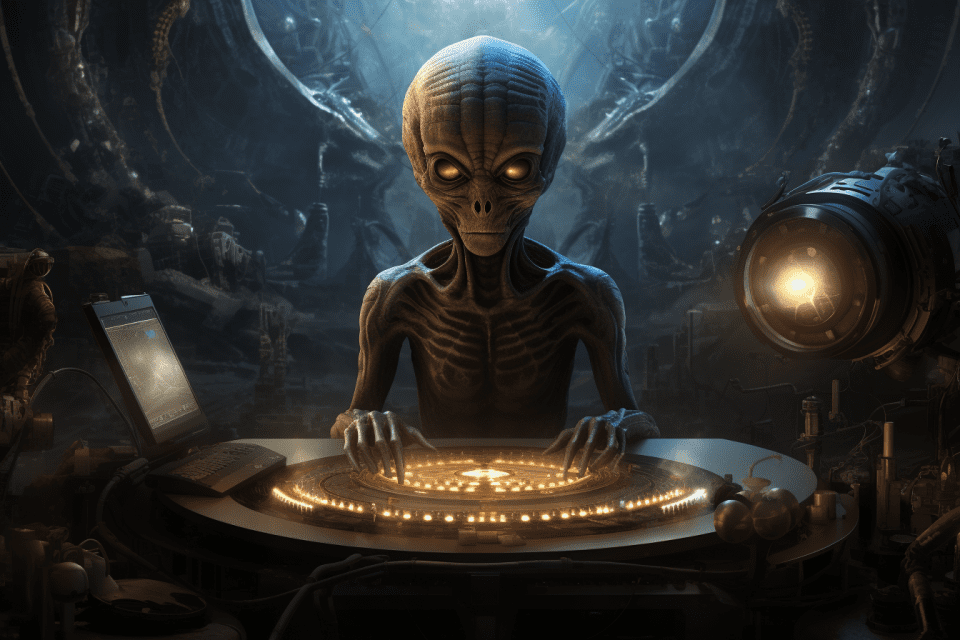Will We Find Extraterrestrial Life Within 15 Years? Scientists Make a Wager
Astrobiologist Dirk Schulze-Makuch from the Technical University of Berlin and Ian Crawford, a planetary scientist at the University of London, have engaged in a unique scientific wager. Schulze-Makuch has bet a bottle of whisky that within the next 15 years, humanity will find convincing evidence of technological extraterrestrial life. This bet is grounded in Schulze-Makuch’s “Zoo Hypothesis,” which posits two main possibilities: either advanced extraterrestrial intelligent life (ETI) is extremely rare or non-existent in our galaxy, or such civilizations are deliberately concealing their existence from us.
The Zoo Hypothesis, as proposed by Schulze-Makuch, suggests that Earth might be like a fenced-off preserve, with extraterrestrial beings deliberately avoiding interference with our planet. This concept aligns with science fiction narratives where Earth is seen as a cosmic preserve, isolated from broader interstellar activities.
Schulze-Makuch’s optimism about discovering extraterrestrial life within the stipulated timeframe is based on rapid technological advancements in space exploration. He believes that the increasing rate of exoplanet discoveries and the potential to detect technosignatures remotely will eventually reveal the presence of extraterrestrial intelligence. This perspective underscores the significance of continued efforts in the field of astrobiology, particularly projects like the Search for Extraterrestrial Intelligence (SETI).
On the other hand, Crawford seems to lean towards the first possibility of the Zoo Hypothesis, suggesting that advanced extraterrestrial civilizations might simply be very rare or non-existent. This bet not only sparks scientific curiosity but also encourages a deeper contemplation of humanity’s place in the cosmos, regardless of the outcome.
The wager between Schulze-Makuch and Crawford reflects a broader scientific and philosophical dialogue. It echoes previous intellectual bets, such as the one between neuroscientist Christof Koch and philosopher David Chalmers about the nature of consciousness. Similarly, this bet highlights the ongoing quest to understand our universe and our place within it, symbolizing the intersection of scientific inquiry and existential reflection.

